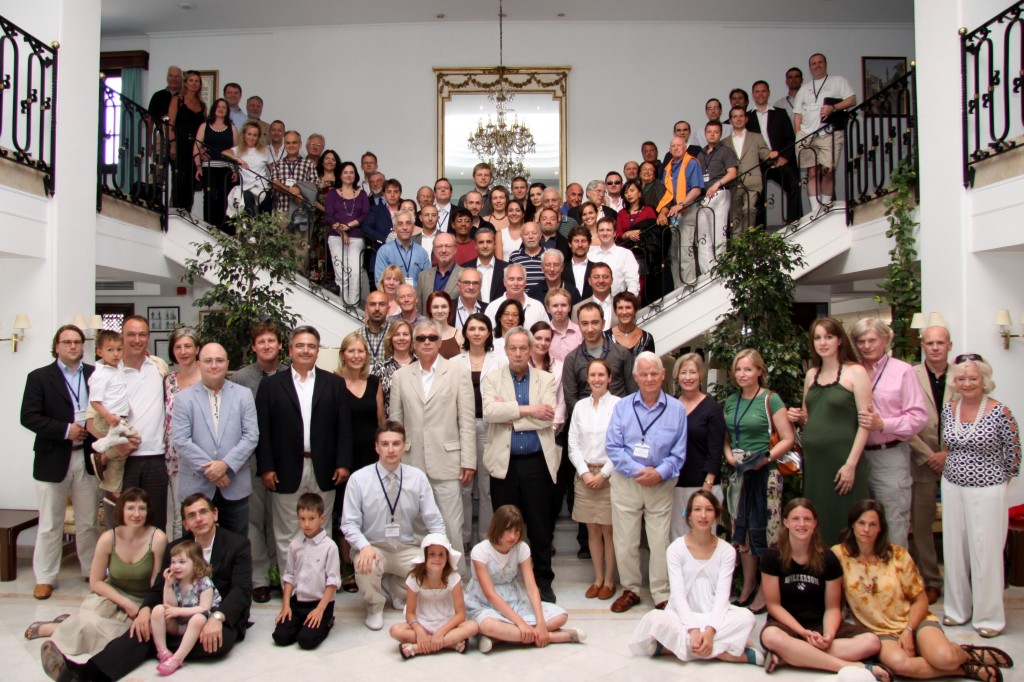Bodrum Days and Nights: The Fifth Annual Meeting of the Property and Freedom Society: A Partial Report
Anti-Statism, IP LawI had the good fortune to attend to the Fifth Annual Meeting of Dr. Hans-Hermann Hoppe‘s Property and Freedom Society (PFS) earlier this month. It was held in beautiful Bodrum, Turkey at the Hotel Karia Princess, from June 3-7, 2010. For those interested, I provide my own (somewhat personal, no doubt partial) report below.

As a brief overview: the PFS was founded by Dr. Hoppe in 2006, as a more radical counterpart to the Mont Pelerin Society. As Guido Hülsmann has noted, a goal of the PFS was to play the role that the Mont Pelerin Society was originally designed to play: spreading the uncompromising intellectual radicalism of freedom. The PFS is centered around Austrian-anarchist libertarian ideas, with a diverse, worldwide membership, not as dominated by American libertarian intellectuals as many other libertarian groups. The Property and Freedom Society’s very name emphasizes the importance of property rights to human freedom, so it is no surprise that its motto is Frédéric Bastiat‘s dictum, “Property does not exist because there are laws, but laws exist because there is property.” (See also Hoppe’s The Role of the Property and Freedom Society in a Crazy World and the History and Principles of the PFS.)
In Professor Hoppe’s opening address for this year’s meeting, “The Property And Freedom Society—Reflections After Five Years,” he concludes:
After our first meeting, 5 years ago, here at the Karia Princess, my plan became more specific still. Inspired by the charm of the place and its beautiful garden, I decided to adopt the model of a salon for the Property and Freedom Society and its meetings. The dictionary defines a salon as “a gathering of intellectual, social, political, and cultural elites under the roof of an inspiring hostess or host, partly to amuse one another and partly to refine their taste and increase their knowledge through conversation.” Take the “political” out of this definition—and there you have it what I have tried to accomplish for the last few years, together with Gülcin, my wife and fellow Misesian, without whose support none of this would be possible: to be hostess and host to a grand and extended annual salon, and to make it, with your help, the most attractive and illustrious salon there is.
…


